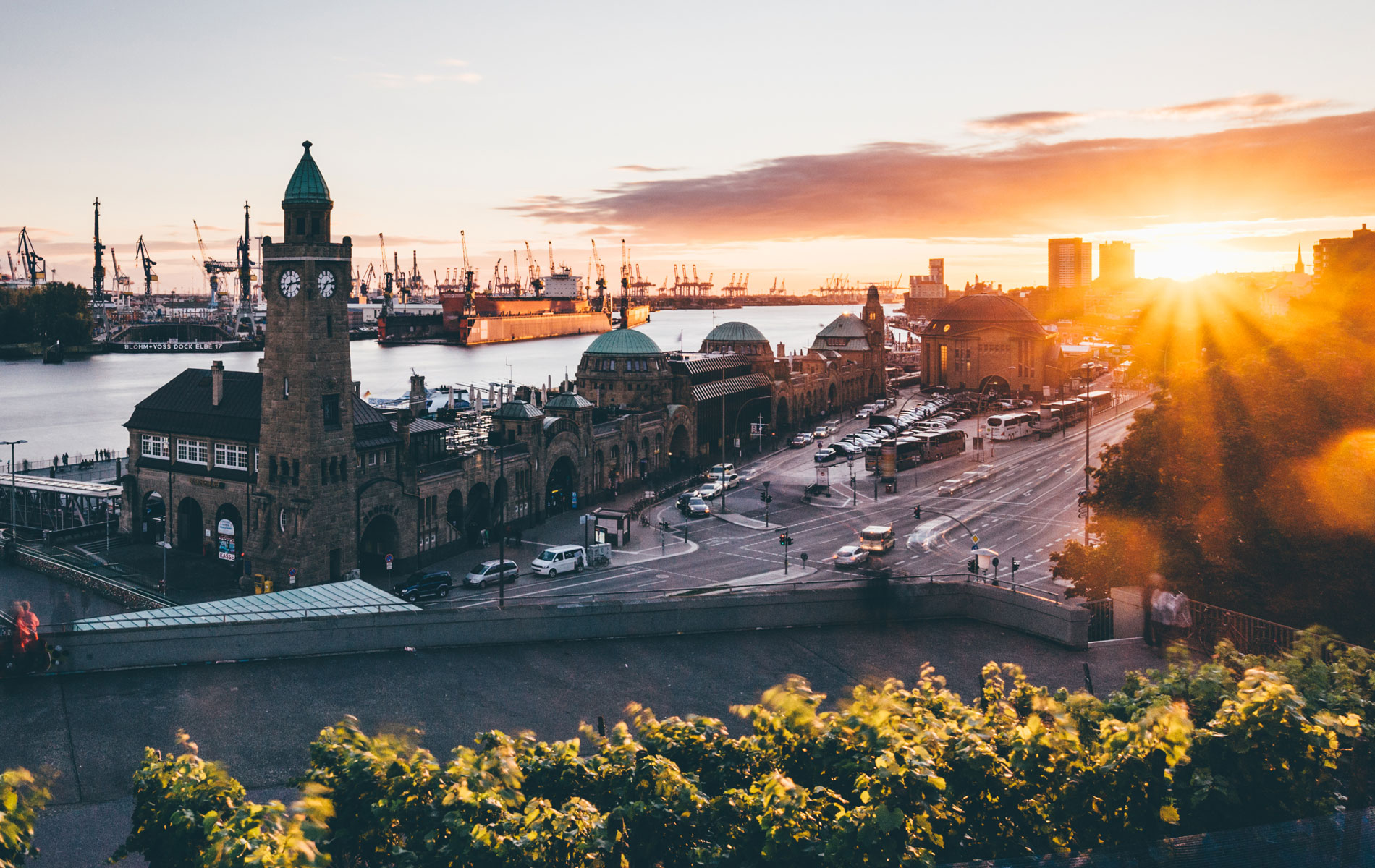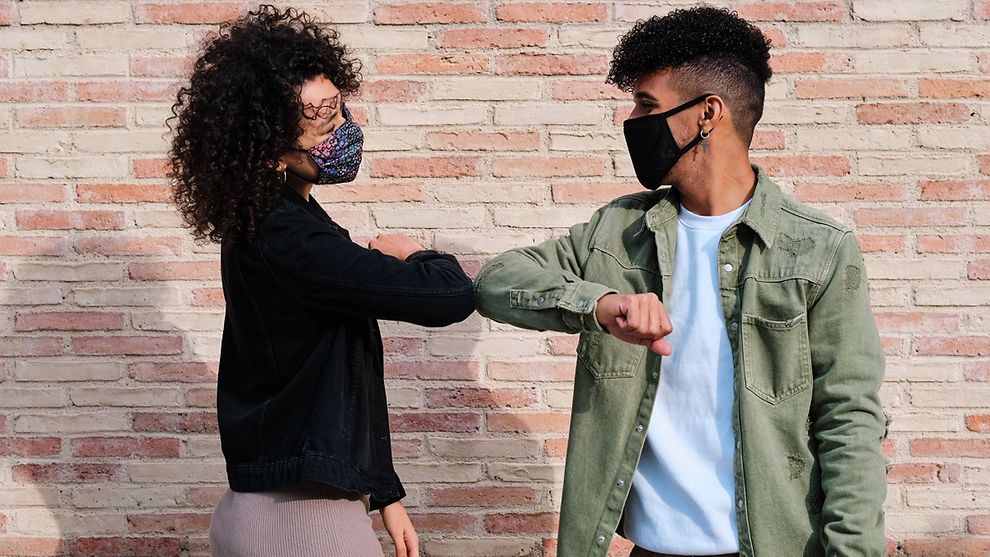Global COVID-19 safety tips
More than two years into the COVID-19 coronavirus pandemic, many safety precautions have become second nature to people all over the world. As is the case anywhere else, there are some basics to staying safe that are just as true in Hamburg and throughout Germany as they are anywhere else. These precautions include:
| Physical distancing | This means keeping a safe distance (usually 1.5m) from other people whenever possible. |
| Restricting physical contact | Avoid handshakes and hugs. Try to have (physical) contact with as few people as possible. |
| Wearing face masks | Face masks should be worn over the mouth and nose to prevent breathing in aerosols that could contain the virus from others as well as reducing your risk of spreading the virus if you are unknowingly infected. |
| Practising good personal hygiene | Wash and disinfect your hands after touching surfaces in public places and whenever you return home. |
| Staying home when ill too keep others safe | Stay home whenever you feel ill and/or have cold symptoms. Even if you are young and healthy, you may spread an illness other than COVID-19 to vulnerable people who could require hospitalisation and risk overburdening the healthcare system. Additionally, what may feel like a common cold to you, could still be COVID-19, so it is best to get tested and stay home until you are fully recovered. |
| Getting vaccinated | Vaccination is the most effective and most economical way of fighting the pandemic. Get your vaccination at your doctor's office or at one of Hamburg's many public vaccination points. This includes booster vaccinations. |
| Contact tracing | Taking necessary steps to help identify chains of infection can be crucial to slowing the spread of disease. |
| Testing for COVID-19 | Regular testing helps detect infection even if there are no symptoms. |
| Staying home whenever possible | Many activities can be done from home to reduce physical contacts and possibilities to catch and spread COVID-19. |
COVID-19 safety and etiquette in Germany
While the above precautions are common practice (and common courtesy) in most places these days, there are some rules and social practises related to curbing the spread of COVID-19 that are common in Hamburg and throughout Germany that might not be so standard in other places. Therefore, we’ve put together a handy guide for local customs regarding coronavirus etiquette and safety:
| Physical distancing | In Germany, the standard distance you should allow between yourself and other people in public is 1.5 metres (about 5 feet). This means you should not crowd others whenever possible, for example on public transport or while queuing. |
| Wearing medical face masks | Cloth masks are no longer common in Germany. In fact, medical face masks (ideally FFP2 or other masks of similar or higher standard) are generally required in indoor public spaces, including public transport. So, if you are new to Hamburg, be sure to stock up medical-grade face masks to comply with local rules. |
| 3G, 2G, 2G+ | Germany has a somewhat complicated system for establishing what safety measures are required for which services: i.e. whether someone needs to be vaccinated (geimpft), recovered (genesen) and/or tested (getestet). These regulations are subject to change and so it is best to check our article explaining these rules for the most up-to-date information. |
| Contact tracing apps | Phone apps Luca (LINK) and CoronaWarn (LINK) allow users to anonymously check in at certain locations, such as restaurants or cinemas, so that if you or anyone else tests positive for COVID-19 later on, other patrons can receive an anonymous warning of potential exposure. Additionally, CoronaWarn allows users to anonymously share location data with each other when in the same vicinity even without a check in (such as on public transport) so they can be warned of potential exposure risks later on. Both apps are completely anonymous and secure. |
| Proof of vaccination or recovery | As mentioned above, many events and locations require that patrons provide (at minimum) proof of vaccination or recovery. While you can of course carry physical proof of your vaccination or recovery status with you (along with ID such as a passport), you can also add proof of vaccination to one of the apps listed above. Simply bring your physical proof of vaccination to a local pharmacy and they can help you digitise it for in-app use. |
| Ventilation | Regular ventilation of indoor spaces is one of the most effective measures in reducing the spread of COVID-19. As such, it is common in Germany for windows and doors to be often left open or opened at regular intervals to allow a flow of fresh air. This may seem uncomfortable in winter, but it makes a huge difference in safety. Therefore, especially if you find yourself on public transport, leave any open windows as they are and feel free to open extra windows as well. |
| Testing for COVID-19 | Rapid tests can be purchased online or at pharmacies and drugstores. These are suitable for home use, but not for official testing purposes. However, Germany has many public testing sites where visitors and residents can get both rapid antigen tests and PCR tests. Daily rapid tests are currently free for residents, while visitors must pay a small fee. PCR tests are not free of charge for anyone unless prescribed by a doctor. |

